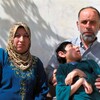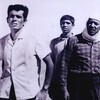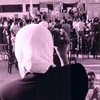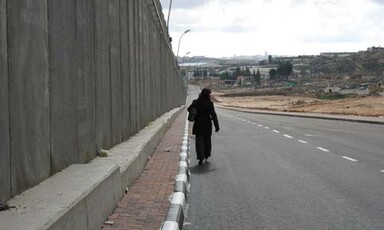
Opposition Parties Unite to Condemn Government Approach to Palestine
11 May 2006
“Destructive” “Wrong” “Hypocritical” – these are the words which Ireland’s main opposition parties have used to describe the Irish government and EU policy on the Middle East. The IPSC welcomes the stance taken by the main opposition parties regarding reversal of the sanctions imposed on the Palestinian National Authority by the EU. In recent weeks the Foreign Affairs spokespersons for each of the main parties have issued unequivocal statements condemning the EU’s position – which has continued despite some recent cosmetic changes. Read more about Opposition Parties Unite to Condemn Government Approach to Palestine








